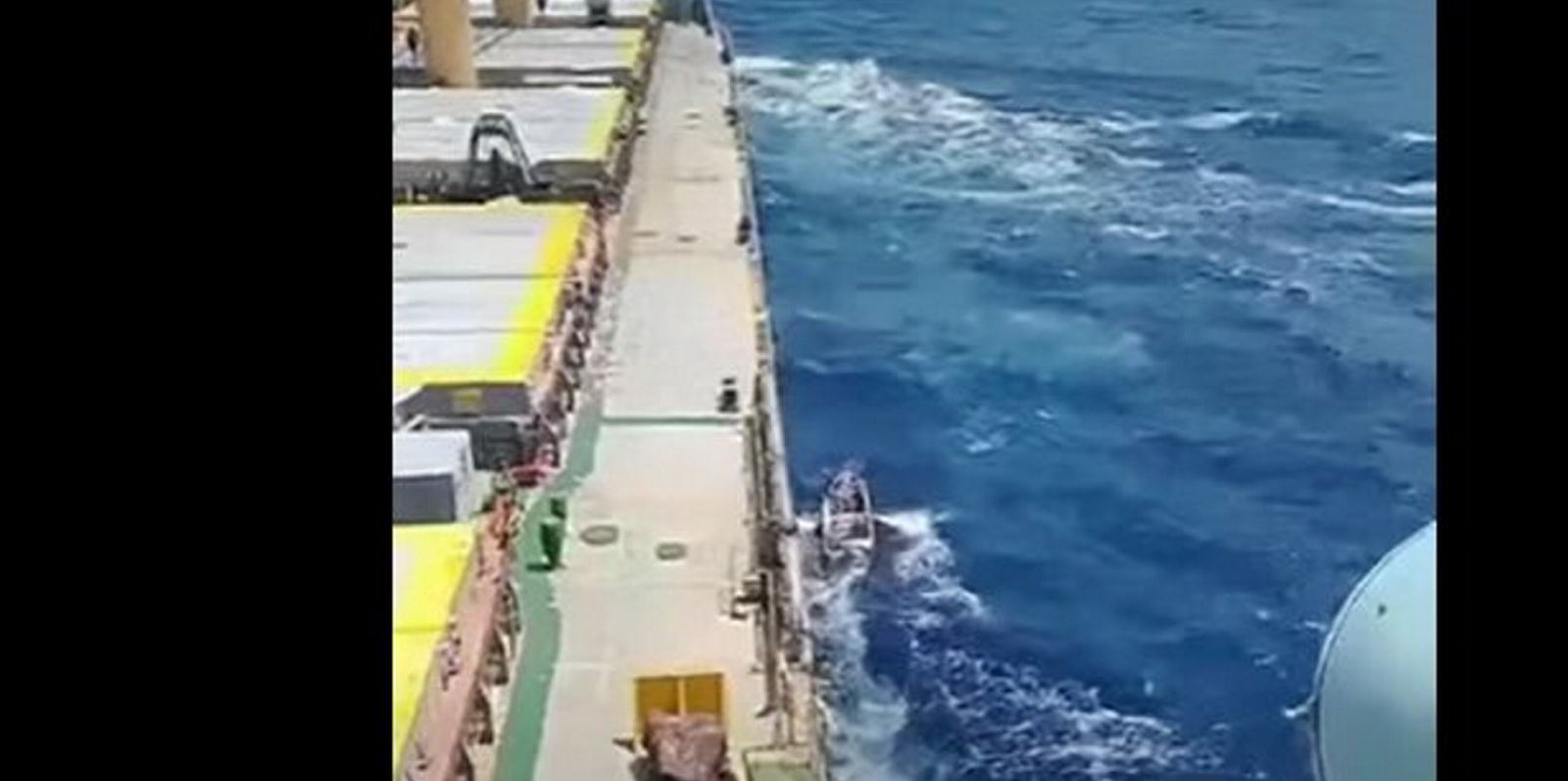Norden chief executive Jan Rindbo believes global trade is under attack, with an end to the Middle East disruption hard to predict.
Owners were already dealing with attacks by Yemen’s Houthi militia in the Red Sea.
To that threat has now been added the resurgence in Somali piracy.
The 58,000-dwt bulker Abdullah (built 2015) and 23 hostages were seized 1,100 km (680 miles) out into the Indian Ocean on Tuesday.
There have been intelligence suggestions that Houthi forces are on the ground in Somalia, or are supporting pirate attacks in some way.
Norden’s own bulkers and tankers are already rerouting around the region, so the company has not immediately had to change plans, Rindbo told TradeWinds.
“I guess you can route your ships around, but it is a scary development,” he said.
“I think we tend to forget that it’s now been many years actually [since the last wave of hijackings]. It’s now a new generation of people, young people coming through.”
Rindbo explained that when piracy was rife 10 years or more ago, a lot was done to create new jobs for Somalis, for example in the fishing industry, to help remove the economic incentive for piracy.
“I think perhaps they are encouraged by what is happening in the Middle East,” he said. “The Houthis themselves started by hijacking the car carrier [the 5,100-ceu Galaxy Leader (built 2002), seized last November].
“Global trade is under attack. I don’t think you could have predicted the situation in the Red Sea.”
Longer-term disruption
Rindbo described the Red Sea attacks as “very difficult ... to assess in the long term”.
“But what is interesting here is that many people thought that maybe it would be a matter of weeks, sorting it out, back when it first happened,” he said.
“Now, clearly, with the escalation we’ve had now with ships sinking, fatalities on ships, I think it will take longer to restore confidence for many shipowners to revert to that region.
“Because when do you get to the point where it’s safe?
“Typically you have to make that call on a ship that [will] only [be] on a transit two or three weeks later. With such a volatile situation in Israel right now, that’s difficult. So it could carry on for longer.”
Rindbo said even if there were a peace deal tomorrow, or the Houthis announced that they would stop attacks, the company would not be sure the region was safe.






